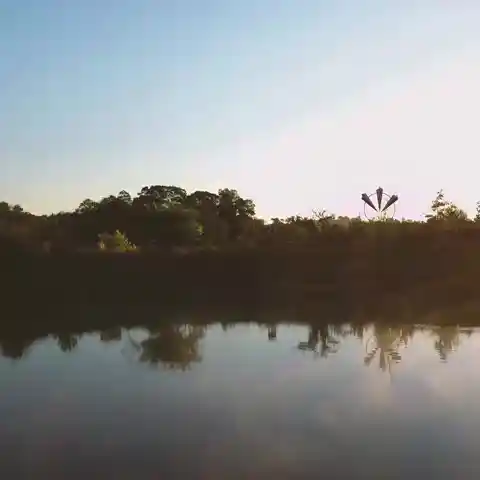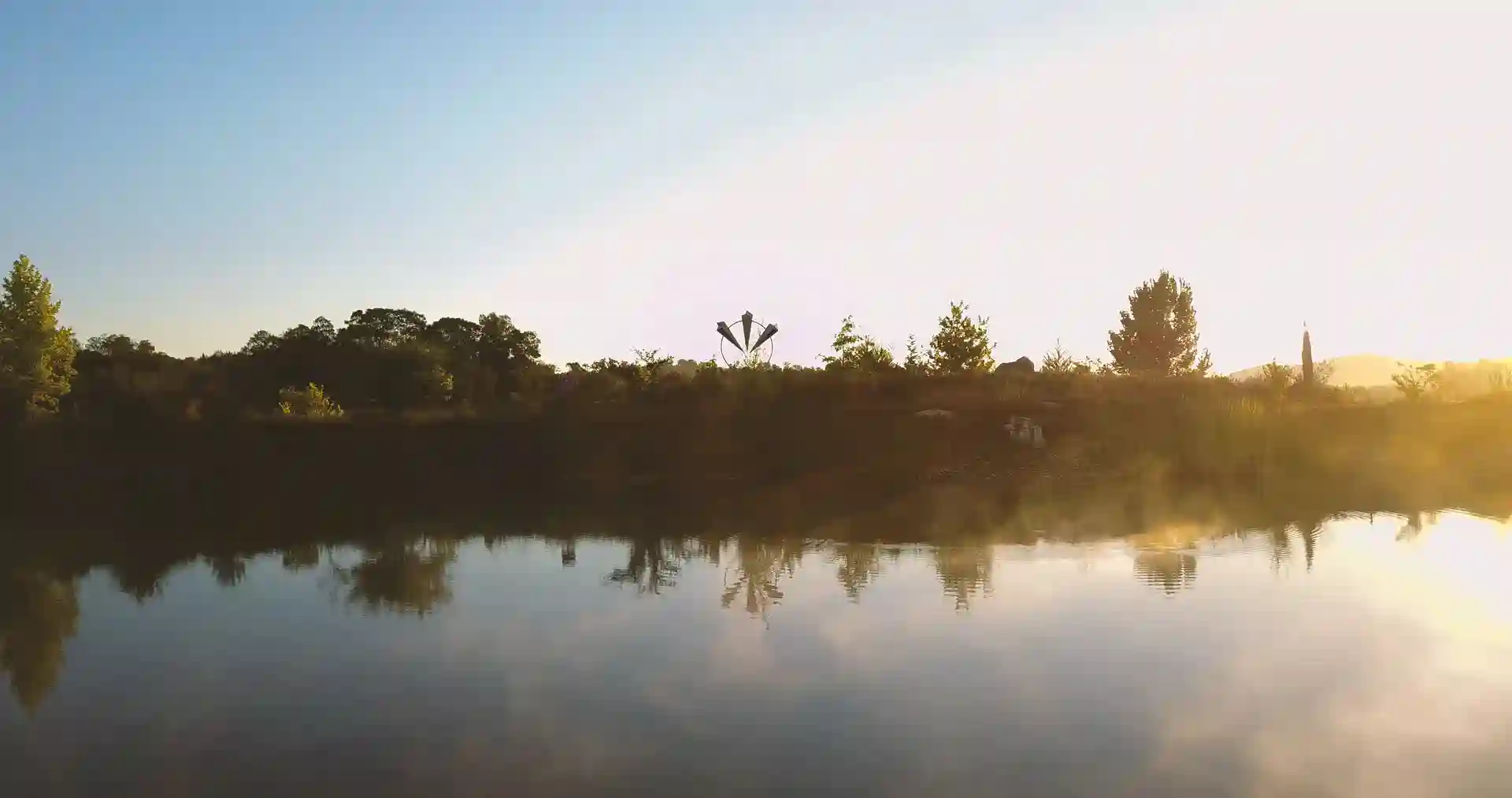“How to end this horror? What’s ours to do?”
Words from a Palestinian peace worker
It’s been 180 long days and nights. I’m hitting depths of grief, pain, rage and despair I didn’t even know existed. In the last 6 months, more than 32,000 of my people, most of them women and children, have been slaughtered and over a million are being forcibly starved as we speak. Yet the worst might still come if Israel moves into Rafah.
One day we will all look back and ask ourselves: What did I do in the face of this genocide? I ask myself all the time: How can we stop this nightmare? Do I do enough? Has what we’ve done as a community been a contribution? Reflections on how to support Palestinians, on what we as a community have done against the war and what we plan for the future.
By A’ida Al-Shibli, April 5 2024

Haneen and A’ida celebrating Palestinian culture at the market in São Luis
I see so many people around the world standing by us Palestinians, an unprecedented worldwide solidarity movement – thank you to all of you for taking a stand for life. But I also see how many governments, especially in the West, are still turning a blind eye and actively supporting this unspeakable crime. I remind you that mature love also requires the capacity to call in your beloved when they’re harming themselves and/or others.
I speak as a Palestinian living in Europe who isn’t directly impacted on the physical level. My family and tribe are still largely in Palestine, for now they are safe and relatively far from the southern and the northern front. I’m lucky to live in such a safe and aware community; Tamera is one of the best places that a person in active pain can wish to be at.
Yet the feelings of danger, threat, dehumanization and trauma are present in me despite the physical distance. As a Palestinian, I consider and feel my own body as an extension to the land of Palestine. When that land and her people are threatened, despite the distance, I feel directly threatened. In the last 6 months, I’ve been flooded with solidarity letters from all around the world. Most of them carry the question: How can I support you, Aida, as a person and as a member of the Palestinian people?
Dare to show your solidarity
On average, one Palestinian is killed every 5 minutes. While my people are massacred at such dizzying speed and incomprehensible dimensions, I sometimes doubt my own value and worth. When my people can be dehumanized in such a way, why would I trust you – that you see and recognize my full humanity? I assume that members of other persecuted groups have similar experiences. As we collectively face erasure and are being dehumanized, I believe the very first step of solidarity is elementary: acknowledging our humanity. Make an effort to show your solidarity by reflecting back to Palestinians you meet the true value you see. Try to focus on positive things and call them back to trusting their own value again.
Reach out to find out if there’s a Palestinian person or family in your surroundings. Dare to make contact. I can imagine that sometimes when you feel helpless in lack of a suitable offer, you might prefer not to face that person, and might prefer avoiding them. You might also want to just lead a normal life that’s not bothered by war and genocide. I see a deep sense of guilt, however often covered up, in many people of the “Global North” regarding their complicity in wars and devastation. Try to imagine what would that Palestinian feel. Helplessness might be present as well, guilt for being able to live relatively safe out of Palestine.
Despite the pain and the helplessness, try to go out of your way and greet the person directly. Instead of clumsily saying “good morning” or “how are you?”, you could say: “I know you are in pain, I am sorry for you and for us all that the situation is like this.” If you can, authentically elaborate and express your deep solidarity. Show her that you understand your own complicity with this war as a collective, and demonstrate what you are doing personally to not support war. If you are bodily comfortable with the person and there’s consent, you might offer a hug.
To the Israelis and Jewish people and also German people who might be triggered by my words, who hold another narrative, who feel being accused and attacked: I reach my hand in solidarity and love out to you. I know that it’s a huge task to heal the Jewish trauma from the Holocaust and hundreds of years of pogroms and displacement. I hold in my heart especially the Israeli peace workers who dare to raise their voices in these dark days.
To myself and to whoever wants to hear, I say: feel the pain, allow it to touch you, mourn, speak up, act, pray.
What we’ve done in the last 6 months
I’ve been witnessing this tragedy living and working together with Israeli and other Jewish friends in a place dedicated to raising a model for a peace culture, with some of whom I’ve had a long path of collaboration.
The news of October 7 left us all in deep shock and huge pain. We’ve been coming together praying, grieving and healing together, but also organizing, speaking up and taking action – trying to be an effective antidote to growing polarization and dehumanization and as part of an unprecedented worldwide solidarity movement.
Five days into the war, we published a declaration as the Tamera community calling for an immediate end of hostilities. In hindsight, it seems as accurate and urgent to us as it was back then.
While working out the statement, we had to navigate divergences between us, which led us to form a “peace debate” between me and my Israeli friend Uri Ayalon, witnessed by the community. A deep level of truth was shared between comrades who held for years a profound vision for healing the Fertile Crescent.
As community, we shared short personal video messages to speak directly for #CeasefireNow, including many Israeli coworkers and friends. We spoke in many online events, for example about “Love and Liberation” in the “Cry from the Future” summit and with Pioneers for Change.
We organized different rallies and events in the region. Together with my friend Haneen Abu Sood, who’s originally from Gaza, we organized a demonstration in the local town of Odemira, where around 80 people from our neighborhood stood together. We created a human chain in the village of Villa Nova de Milfontes, which included around 100 people. During the march, we were attacked by an Israeli man. This violent eruption brought us to a deeper talk and a commitment in Tamera on how to show up, and what are our ethics as peace workers. We later joined with a full bus from our community for a demonstration in the city of Faro on the international day for solidarity with Palestine. We also presented Palestinian culture through food, information and dancing Dabke at the local market in São Luís. We created educational events, including documentary film screenings (such as “Between Two Crossing”, “Tanatura” and “Israelism”).
Lately, my friends Uri Ayalon and Emma Sham-Ba Ayalon invited all Israelis who visited Tamera in the last decade for an online sharing circle dedicated to the question: what is ours as Israelis to do?
We accompanied our declarations, talks, rallies and statements with spiritual and healing work. For example, we held a peace vigil, in which a small group of us lived together for a week and held prayers several times a day, including waking up in the middle of the night with peace mantras. Every Friday, we came together at our altar and Stone Circle for prayers of peace and love toward all people impacted by this war.
With the holy month of Ramadan, some of us fasted from dawn to sunset on Fridays. This was in solidarity with all those forcibly starved in Gaza. Practicing fasting to align ourselves with the energy of compassion.
On the Winter Solstice, our co-founder Sabine Lichtenfels invited peace workers and community leaders around the world for shared action and meditation days around the Spring Equinox. In her invitation, “Emergency of the Earth,” she reminded us:
Peace is a new dimension of your life. You all come from a divine world. There are other forces than violence and bombs to end misery and war. Open your channels to the ethical and spiritual forces that you have received from the divine world. Open your hearts to the life of all fellow human beings and all fellow creatures of the larger web of life.”
Around 80 actions and meditations took place all around the globe. Here in Tamera, we gathered with our neighbors and friends for a global circle, in which we listened to witnesses from Gaza. We also expressed our solidarity with the Colombian peace community of San José de Apartadó, where 2 people had been murdered last week over land disputes. We held a prayer for peace and faced the questions of a possible system change that enables a just peace.
What is ours to do?
Virtually everywhere on the planet, millions have tirelessly mobilized for an immediate, permanent ceasefire and a just peace for Israel-Palestine. Yet, the bombing still continues. While we need to continue raising our voices and taking to the streets, it’s obvious that more is needed to end the war. It’s so painful, often unbearable, to keep receiving the news of the daily casualties and feel powerless. It’s even more difficult to admit that none of us really knows how to end the war.
Nevertheless, we must continue to try. In his op-ed in CommonDreams from early January, my friend Martin Winiecki offers 6 possible starting points for a nonviolent path forward. And our co-founder Dieter Duhm wrote this bold article coming from his heart, daring to challenge the silence in Germany.
Together with the author Miki Kashtan (who wrote with her Nonviolent Global Liberation community this inspiring statement about the war: “Responding to War with Love”), I’ve been dreaming up a huge new movement for peace: “Women in White,” a first-of-its-kind adventure inspired by the history of the nonviolence movement. Miki and I wrote in the invitation: “Imagine 100,000 women dressed in white coming to a war zone. Imagine them forming a nonviolent human shield. They are spanning all nationalities, all religions, all shades of skin, hair, and eye color, and all ages. Imagine them standing together to protect everyone, regardless of “side”, political affiliation, or national identity. They are committed and deeply trained, and they are determined to use the power of nonviolence to call everyone back to their humanity. They have trust in their capacity to stop the war and create a foundation for a peaceful approach to addressing the conflict that led to the war.” We’re both filled with the vision but won’t have the capacity to bring this project into life. Read the full text here…
I hope you will join us in carrying this question: What is ours to do? If that question and the determination to really end war become wholehearted and absolute, I believe we will find answers.

